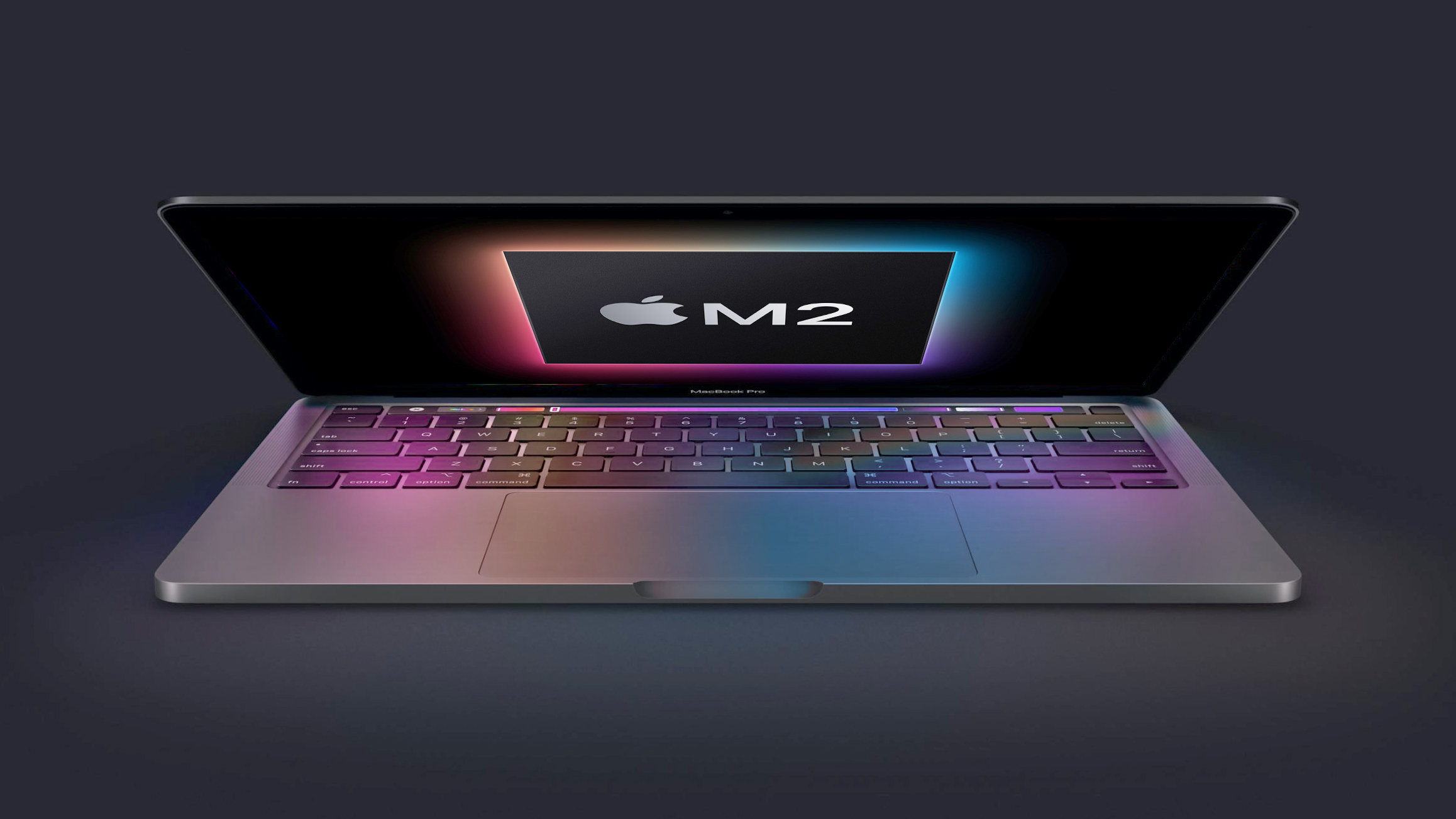
Following the launch of Apple's new 13-inch MacBook Pro with the M2 chip, it has been discovered that the $1,299 base model with 256GB of storage has significantly slower SSD read/write speeds compared to the equivalent previous-generation model.

YouTube channels such as Max Tech and Created Tech tested the 256GB model with Blackmagic's Disk Speed Test app and found that the SSD's read and write speeds are both around 1,450 MB/s, which is around 50% slower reading and around 30% slower writing compared to the 13-inch MacBook Pro with the M1 chip and 256GB of storage.
Disk Speed Test app numbers shared by Max Yuryev of Max Tech:
- 13-inch MacBook Pro (M1/256GB) Read Speed: 2,900
- 13-inch MacBook Pro (M2/256GB) Read Speed: 1,446
- 13-inch MacBook Pro (M1/256GB) Write Speed: 2,215
- 13-inch MacBook Pro (M2/256GB) Write Speed: 1,463
It appears that only the base model 13-inch MacBook Pro with M2 chip has a slower SSD. As noted in the MacRumors forums, Aaron Zollo ran the Disk Speed Test app on the 512GB model and the SSD's read/write speeds were similar to all M1 models, but getting these speeds will require spending at least $1,499. This likely means that the 512GB model remains equipped with two 256GB flash storage chips.
It's unclear why the new base model 13-inch MacBook Pro is only equipped with a single NAND chip, but costs and/or supply constraints are two possible factors. We've reached out to Apple for comment and will update this story if we hear back.
Slower SSD speeds can impact common tasks such as transferring files to an external drive, and overall performance can also take a slight hit since Macs temporarily use SSD space as virtual memory when physical RAM is fully used. If you are considering the new 13-inch MacBook Pro and faster SSD speeds are important to you, we recommend ordering a model with at least 512GB of storage (or better yet, wait for the new MacBook Air in July).
The new 13-inch MacBook Pro launched on Friday. The base model's slower SSD speeds were not mentioned in many (any?) embargoed reviews of the notebook, as it appears that Apple provided many reviewers with a 1TB configuration for testing.
It remains to be seen if the new MacBook Air with the M2 chip will also have slower SSD speeds when configured with 256GB of storage.
Article Link: Base 13-Inch MacBook Pro With M2 Chip Has Significantly Slower SSD Speeds
Last edited:

